Head-To-Head: Apple iPhone XS Vs. Samsung Galaxy S9
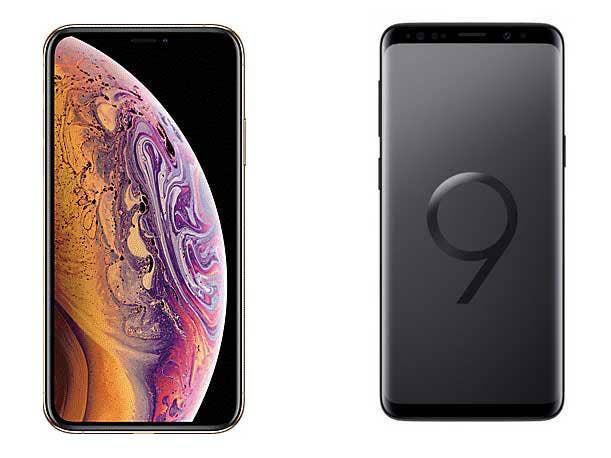
Face Off
The battle for smartphone supremacy in 2018 may come down to these two phones: Apple's new iPhone XS and Samsung's flagship from earlier this year, the Galaxy S9. The comparison is a fair one on size, as they feature identically sized displays, but there are plenty of differences when it comes to other specs and features. Which of the two smartphones is a better fit for you? In the following slides, the CRN Test Center breaks down the new Apple iPhone XS vs the Samsung Galaxy S9 on specs and price.
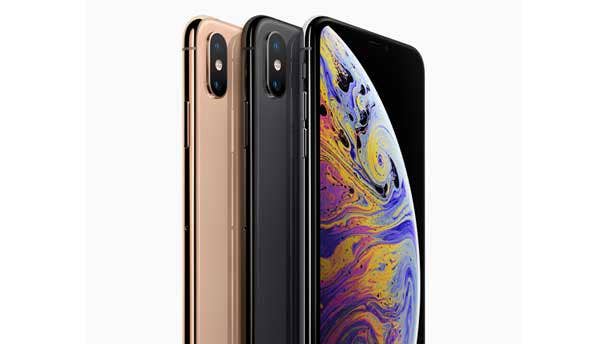
Display
Both Apple and Samsung have landed on the same display size for their base-model flagships—5.8 inches. Both the iPhone XS and Galaxy S9 use colorful and bright OLED technology, as well. The Galaxy S9 comes out ahead on resolution with 2,960 x 1,440, or 570 pixels per inch (ppi). That's compared to resolution of 2,436 x 1,125, or 458 ppi, for the iPhone XS. Another difference—which is no doubt going to be even more noticeable than the difference in resolution—is that the iPhone XS includes a camera notch cutout at the top of its screen, while the Galaxy S9 does not. Otherwise, though, both of the phones boast minimal bezels around their respective displays.
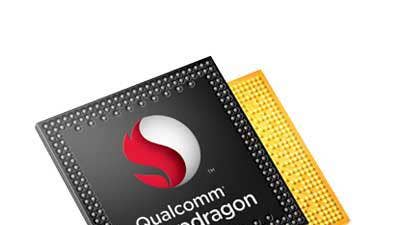
Processor & RAM
The iPhone XS will debut Apple's newest processor, the A12 Bionic, which features a six-core CPU. The A12 Bionic includes two high-performance cores, which run at up to 15 percent faster speeds than the A11 chip in last year's iPhones. Initial Geekbench scores suggest that the A12 Bionic and 4 GB of RAM in the iPhone XS will offer significantly faster performance than the Galaxy S9, which is powered by the eight-core Qualcomm Snapdragon 845 and 4 GB of RAM.
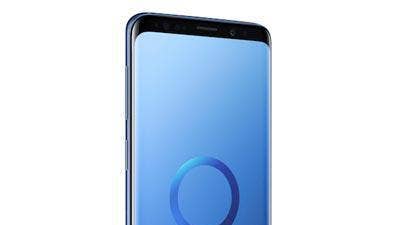
Storage
A leading update with the iPhone XS is that it comes with an option for a massive 512 GB of internal storage at the top end. Other iPhone XS storage options are for 64 GB or 256 GB.
Samsung also has three storage options for the Galaxy S9, with the base model at 64 GB and the other choices at 128 GB or 256 GB. Additionally, the Galaxy S9 provides an option for adding a microSD card that can add up to 400 GB of storage space.
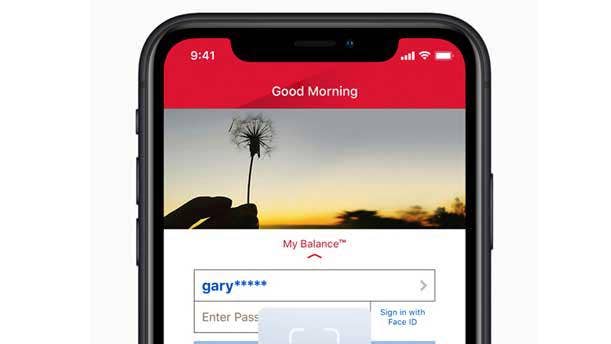
Biometrics
Like the iPhone X, the iPhone XS will only offer Face ID facial recognition as a biometric method for unlocking the phone—no more fingerprint recognition. Face ID uses Apple's TrueDepth Camera System to ensure that Face ID unlocking will be consistent and fast, according to the company. Apple said that algorithm improvements will now enable Face ID to work even faster in the new iPhones.
Samsung also has facial recognition as one of three biometric options for unlocking the Galaxy S9--the others being fingerprint recognition and iris scanning. There are two other things to know about the biometrics on the Galaxy S9, as well. The first is that the phone offers Intelligent Scan, a combination of iris scanning and facial recognition, for purported faster unlocking. The second is that the Galaxy S9 fingerprint scanner has been moved to a position directly below the camera on the back of the phone, rather than its much-criticized placement next to the camera on the Galaxy S8.
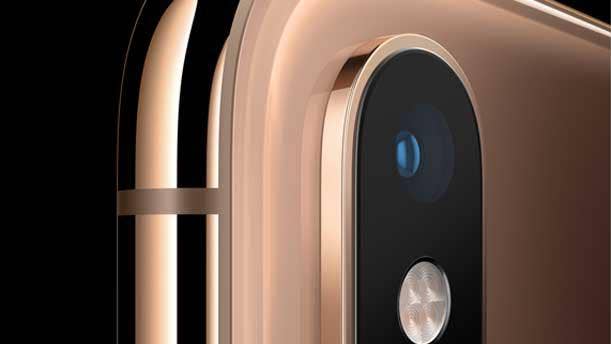
Camera
The iPhone XS features a dual rear camera system, with wide-angle and telephoto cameras that each offer 12 megapixels and optical image stabilization. Apple says the camera includes an improved flash along with "breakthrough" new features such as "Smart HDR," which makes use of the A12 Bionic chip and combines numerous images to deliver a photo that is more highly detailed. Taking video, meanwhile, will now offer extended dynamic range and recording of stereo sound, Apple said.
While Samsung introduced a number of enhancements with the Galaxy S9 camera, it still remains a single-camera setup, in contrast to the dual camera of the iPhone XS. The S9 includes a 12-megapixel rear camera with optical image stabilization.
The iPhone XS also offers camera features such as portrait lighting, which improves the lighting of the contours over a subject's face, while the Galaxy S9 touts its low-light capabilities with an aperture that auto-adjusts to lighting conditions. Additionally, the S9 camera offers better slow-motion video and "live focus" for automatically blurring the background in a photo.
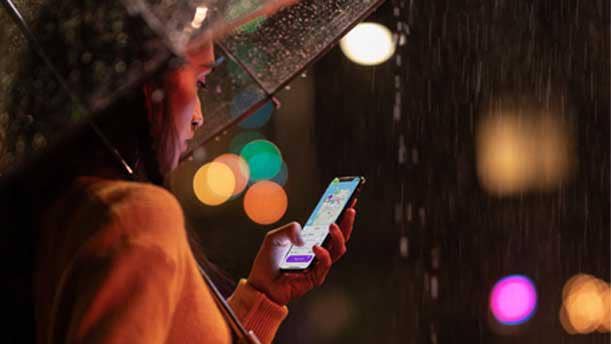
Battery Life & Water Resistance
There isn't a clear winner on battery life, with the iPhone XS promising 12 hours of internet use and the Galaxy S9 promising the same amount over LTE—but 14 hours of battery life over WiFi. The Galaxy S9 also promises longer talk time, up to 31 hours, versus the iPhone XS, which promises much less at 20 hours of talk time. What we do know is that the Galaxy S9 packs a larger battery at 3,000mAh, compared to a reported 2,658mAh battery in the iPhone XS. Additionally, both phones can charge wirelessly with a Qi charging pad.
On water resistance, Apple has caught up with Samsung by offering rating of IP68 for the iPhone XS, the same as on the Galaxy S9. The rating suggests the devices should withstand waters as deep as 5 feet for up to 30 minutes.

Price & Bottom Line
Samsung has currently reduced the starting price of an unlocked Galaxy S9 down to $620, from $720 previously. That makes it even more of a winner on price compared to the iPhone XS, which is priced at $999 for the base model. In both cases, those prices are for models with 64 GB of storage. While the iPhone XS gets a leg-up on performance and camera, the Galaxy S9 is competitive on battery life, water resistance and display technology—meaning that for users who are open to an Android phone, the Galaxy S9 may in fact offer more value for the money.